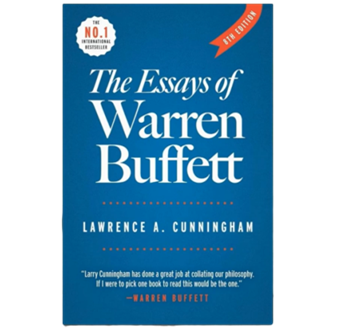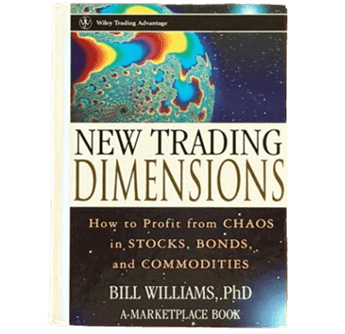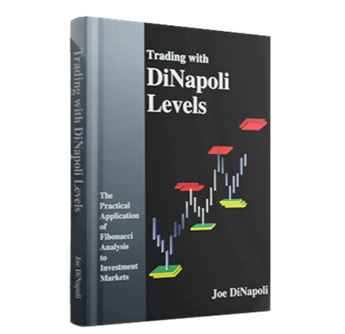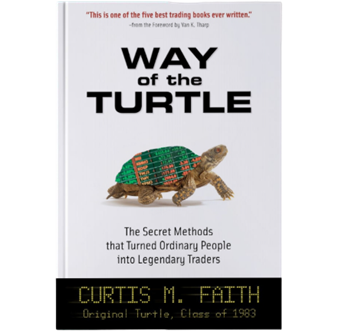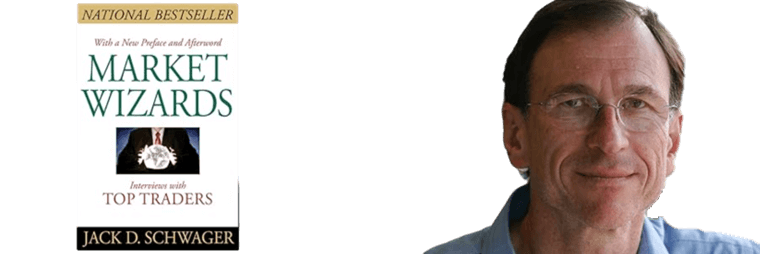
Why Market Wizards Still Matters
Jack Schwager's Market Wizards: Interviews with Top Traders is widely regarded as one of the most influential trading books of the past century. First published in 1989. the book offers a rare and intimate glimpse into the minds of some of the most successful and enigmatic figures in the world of trading. Far more than a mere collection of interviews, Market Wizards serves as a masterclass in trading psychology, risk management, and discipline.
Jack Schwager, a seasoned trader and financial author, approached this project not only with journalistic curiosity but with the analytical mindset of someone well-versed in the intricacies of financial markets. His aim was simple yet profound: to decode what separates the truly elite traders from the masses who consistently lose money.
The book has since become a rite of passage for aspiring traders and investors, often described as "required reading" for anyone serious about mastering the markets. Its value lies not in step-by-step instructions or rigid strategies but in its ability to challenge assumptions, broaden perspectives, and inspire disciplined self-improvement.
Conversations That Changed Trading: The Book's Unique Format

Market Wizards is structured around a series of extensive interviews with some of the most formidable traders from various asset classes, including equities, commodities, forex, and futures. The diversity of interviewees is one of the book's great strengths—each individual brings a distinct philosophy, methodology, and personality to the trading table.
Unlike conventional financial literature filled with charts and data points, Schwager employs a question-and-answer format that allows each trader to express their beliefs and experiences in their own voice. This conversational style humanises the process of trading and invites the reader to listen, reflect, and draw conclusions at their own pace.
The interviews are far from uniform. Some traders are systematic and data-driven, while others rely more on discretion and instinct. Some are macro-oriented; others are technical purists. This diversity showcases one of the book's most crucial themes: there is no single path to trading success. Instead, the key lies in discovering what works for the individual and sticking to it with discipline and clarity.
Wisdom Across the Board: Core Lessons Every Trader Should Know

Throughout the interviews, certain core principles emerge with striking consistency. Regardless of strategy or market, the world's top traders share a number of foundational beliefs and behaviours.
Risk management is perhaps the most unanimous theme. Nearly every interviewee stresses the importance of cutting losses quickly and protecting capital above all else. As Paul Tudor Jones famously stated, "Don't focus on making money; focus on protecting what you have."
Another recurring message is the critical need for a personalised trading strategy. Successful traders do not copy others; they internalise principles and adapt them to fit their personality, time horizon, and risk tolerance. For example, Ed Seykota, a pioneer of system trading, achieved extraordinary returns using automated trend-following models tailored to his beliefs about market behaviour.
The book also debunks the myth that great traders are expert forecasters. In fact, many explicitly reject the idea of predicting the future, focusing instead on reacting intelligently to what the market is actually doing. This process-driven mindset, coupled with a deep understanding of probability, marks a clear divide between professionals and amateurs.
Lastly, Schwager's subjects emphasise the psychological aspect of trading. Mastery over fear, greed, and ego is consistently framed as more important than any technical skill or market knowledge.
Psychological Traits of Great Traders
One of Market Wizards' most enduring contributions is its exploration of the psychological makeup of elite traders. The book makes it clear that trading success is not purely a function of intelligence or technical prowess—it is fundamentally a test of emotional resilience and mental clarity.
Great traders exhibit a high degree of emotional control. They do not let fear prevent them from taking well-calculated risks, nor do they allow greed to cloud their judgement once a trade begins to move in their favour.
Another key trait is self-awareness. The top traders Schwager interviews know their limitations, understand their strengths, and are constantly refining their approaches based on honest self-reflection. They are not afraid to admit when they are wrong and are quick to correct course when necessary.
Confidence without arrogance is another hallmark. While they are willing to bet on their edge, these traders remain humble in the face of markets that can—and do—change rapidly. As Bruce Kovner puts it, "The market is an expensive place to find out who you are."
Most importantly, elite traders possess an independent mindset. They do not rely on consensus opinions or popular sentiment. They trust their own analysis, remain sceptical of crowd behaviour, and make decisions based on evidence rather than emotion.
Market Philosophies and Trading Methodologies
Schwager's interviews reveal a stunning variety of market approaches, underscoring the idea that there is no one-size-fits-all formula for success.
Some traders, like Michael Marcus, thrive on discretionary decision-making and macroeconomic interpretation. Others, such as Ed Seykota, rely entirely on rule-based systems and quantitative analysis. The famed Turtle Traders, trained under Richard Dennis and William Eckhardt, followed a strict trend-following system that yielded impressive long-term returns despite frequent short-term losses.
Trading styles range from short-term momentum plays to long-term position holding. Tools vary from price patterns and moving averages to complex options structures and intermarket analysis. Some traders focus on a single market; others operate across multiple asset classes and geographies.
What unites them is not their method but their consistency, adaptability, and discipline. Each trader honed a unique approach that fit their worldview and psychological temperament. They didn't chase performance or adopt fads; they stuck to systems they deeply believed in—and were always ready to evolve when the markets demanded it.
Legacy and Influence of Market Wizards

Decades after its initial release, Market Wizards remains a cornerstone of trading literature. It continues to be cited, recommended, and referenced in trading communities, investment forums, and financial classrooms around the world.
The book shifted the public image of traders from reckless gamblers to deeply analytical, introspective professionals. It also helped democratise trading knowledge by making elite-level insights accessible to ordinary individuals.
Schwager's follow-up volumes—The New Market Wizards, Stock Market Wizards, and Hedge Fund Market Wizards—built on this foundation, further exploring the diverse landscape of trading philosophies. However, it is the original Market Wizards that retains a special place in the canon.
Its lessons are timeless, even in the face of algorithmic trading and AI-driven market environments. Why? Because the core principles—discipline, risk management, psychological mastery, and self-awareness—transcend technology and market structure.
For those embarking on a journey into trading, Market Wizards serves as both a cautionary tale and a guiding light. For seasoned professionals, it is a reminder that even the best are always learning, evolving, and adapting. In the ever-changing world of markets, the wisdom within Schwager's pages remains as vital as ever.
Disclaimer: This material is for general information purposes only and is not intended as (and should not be considered to be) financial, investment or other advice on which reliance should be placed. No opinion given in the material constitutes a recommendation by EBC or the author that any particular investment, security, transaction or investment strategy is suitable for any specific person.












